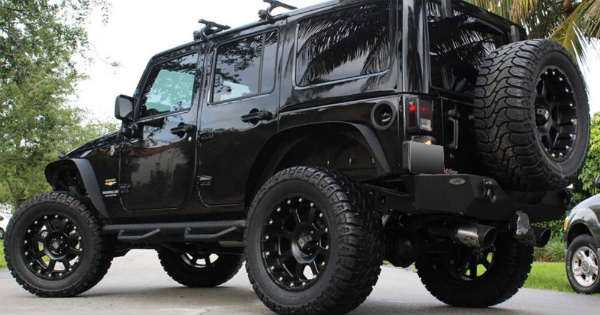When most people set about improving the looks of their vehicles, new wheels are one of the first purchases they make. Customizing a car or truck`s wheels is an easy way to express your personality, but it`s easy to make the wrong choice. Here, you`ll learn which measurements to take and which facts to consider when you make an upgrade with aftermarket wheels.

Wheel Diameter
Your new wheels` diameter is a crucial consideration when replacing the stock set. Simply put, diameter indicates how big the wheel`s circle is. Rather than measuring across the wheel face, diameter is measured from one bead seat to the other.
It`s important that the wheels` rolling diameter stays the same, so choosing a larger wheel diameter requires you to pick lower profile tyres. Upgrading to a bigger wheel will improve your vehicle`s looks and handling responsiveness, but you`ll see a decrease in ride comfort. As a rule, it`s best not to go more than one or two inches bigger when buying King wheels.
Width
It`s also important to compare the new wheels` width to that of the set that`s currently on your vehicle. Width must be considered along with offset when determining how the new wheels will fit into the wheel wells and choosing the right size tyres.
Going with narrow wheels usually improves ride comfort and wet-road handling, while decreasing dry traction. Conversely, a wider wheel set allows for the fitment of wider tyres, improving traction on dry surfaces.
Offset
A wheel`s offset determines how far out or in it sits in relation to the wheel arch and the hub. Every vehicle has an offset range, and the more you depart from it, the less likely it is that the wheels will fit properly.
When compared to factory wheels, aftermarket units with negative offset will protrude further, increasing the likelihood that the wheels will hit the arches in tight corners. Wheels with positive offset sit further inward, which may lead them to hit the wheel wells or suspension parts.
Composition
Automotive wheels are built from one of two types of metal: steel or aluminum alloy. On some passenger vehicles, manufacturers use steel wheels with covers, while high-spec models are typically sold with alloys. However, when it comes to upgrading your stock wheels, you`ll have plenty of choices. While steel wheels are more durable, mag wheels and other alloys are light enough to have positive effects on fuel economy and vehicle performance.
Conclusion
After you`ve taken the above factors into consideration, there`s only one thing left to do: choose wheels that suit your style. We can help with that! We have one of the country`s largest selections of aftermarket wheels, as well as a full range of automotive accessories. Visit us online or call today to talk to one of our fitment experts.

